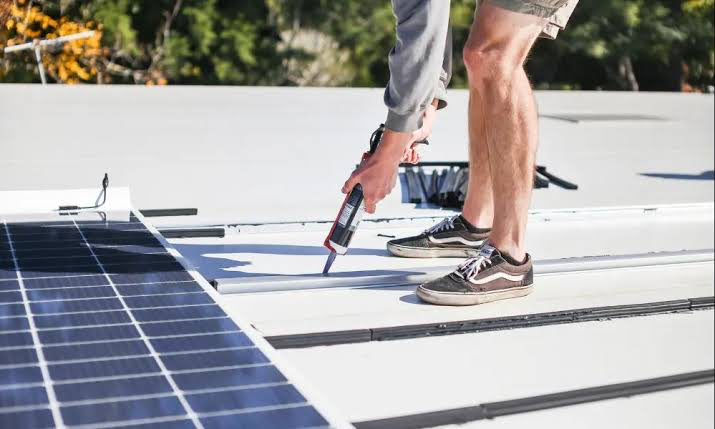A fierce battle is brewing within the US solar industry, pitting domestic manufacturers against project developers. At the center of the controversy are import tariffs on solar panels from Southeast Asia, with both sides lobbying the Biden administration for policies that align with their interests.
Manufacturers Seek Protection for New Investments
US solar manufacturers, including major players like First Solar and Hanwha Qcells, have petitioned the Department of Commerce and the International Trade Commission. They allege that Chinese companies operating factories in Malaysia, Cambodia, Vietnam, and Thailand are “dumping” solar panels in the US market – selling them below production costs. This practice, they claim, has caused a dramatic price drop, jeopardizing the viability of US-made solar products and threatening billions of dollars recently invested in new domestic factories.
Potential Price Hikes and Impact on Clean Energy Goals
If the petitions are successful, tariffs could be imposed on imported solar panels within months. This could lead to higher prices for companies installing rooftop solar systems or building large-scale solar power plants. Such a development could have a ripple effect, potentially impacting the Biden administration’s clean energy ambitions. The Inflation Reduction Act, a cornerstone of the administration’s climate change strategy, includes incentives for domestic clean energy equipment manufacturing. In response to these incentives, solar companies have announced over $13 billion in investments for more than 40 new factories across the US since 2022.
Balancing Act: Jobs vs. Affordable Clean Energy
However, US solar manufacturers argue that these investments are at risk due to intensified competition from China. They are requesting anti-dumping and countervailing duties to offset the impact of foreign subsidies and ensure fair market pricing for their products. The trade case is expected to take about a year to resolve, with potential tariffs implemented within four to six months of preliminary rulings.
Clean energy project developers, on the other hand, strongly oppose the proposed tariffs. They argue that affordable imported panels are crucial for keeping project costs down and accelerating the deployment of solar power in the US. Four clean energy trade associations representing developers and installers have voiced their dissent, highlighting concerns about market uncertainty and potential disruptions to the development of a domestic solar supply chain. They believe that tariffs would ultimately hinder the US’s clean energy goals by making solar power projects more expensive.
A Delicate Decision for the Biden Administration
The Biden administration faces a delicate balancing act. Supporting domestic manufacturing and creating jobs are key priorities, but these objectives could conflict with the administration’s commitment to promoting clean energy and combating climate change. A decision in favor of tariffs could benefit US solar manufacturers but might also raise costs for clean energy projects. This could slow down the transition to renewable energy sources in the US.
The coming months will likely see a tug-of-war between competing interests as the Biden administration navigates this complex issue. The ultimate decision regarding import tariffs will have a significant impact on the future of the US solar industry. Balancing job creation with clean energy goals will be crucial as the US strives to build a sustainable and secure energy future.
Source: Reuters



